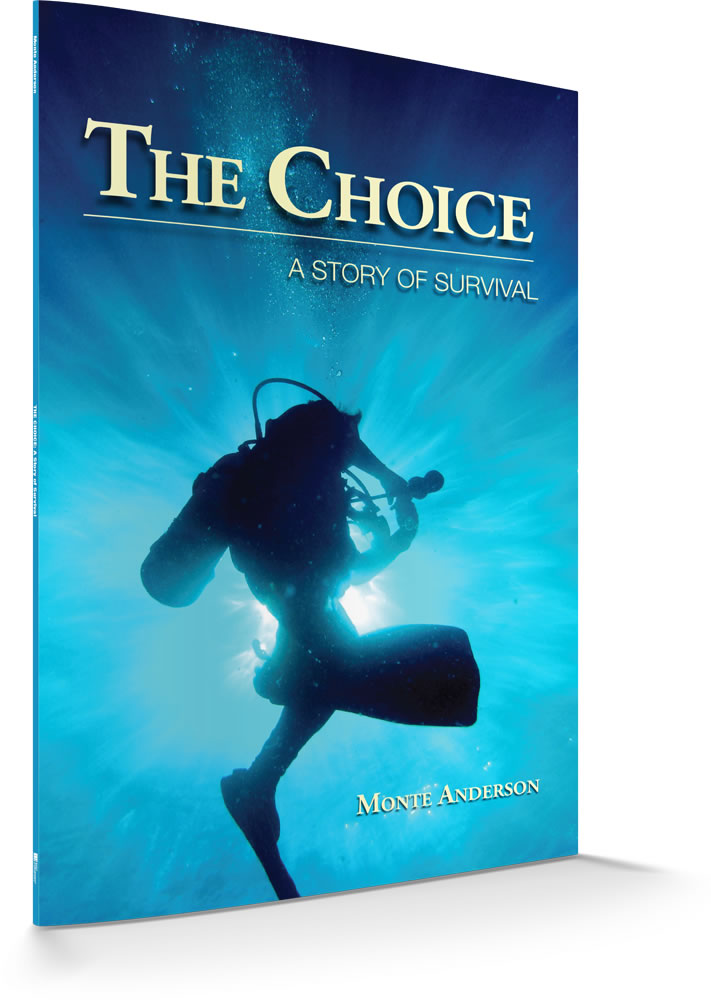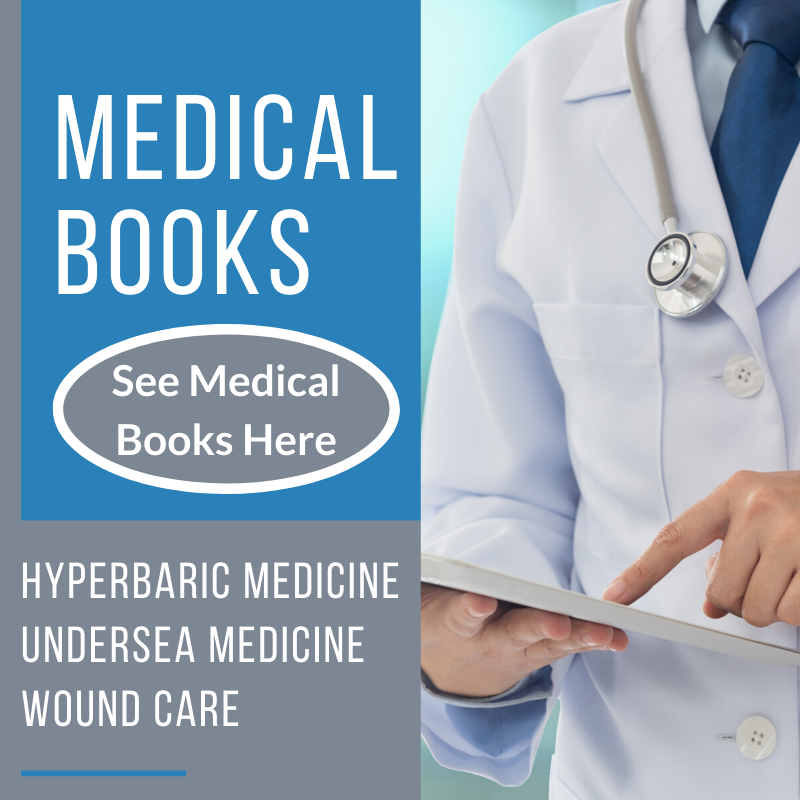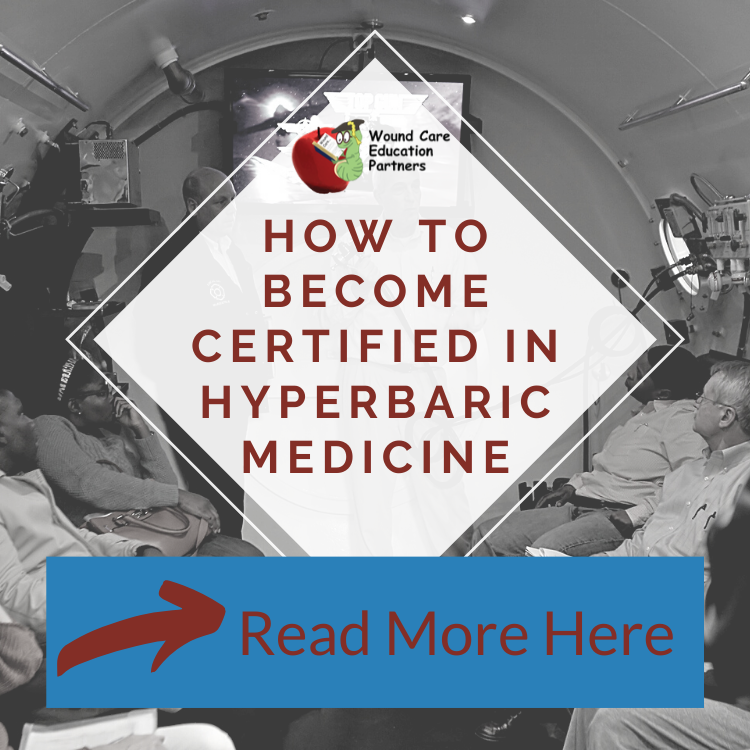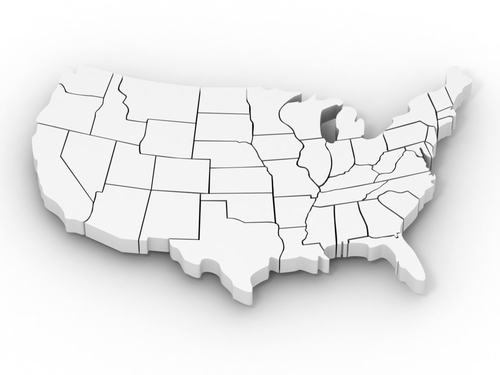Holiday Customer Support Closure
Please note that our customer support will be closed for the holidays starting December 24th through January 4th.
DEPTH Blog
The Choice of Life or Death
Photo Caption: The decompression chamber aboard the USS Dixon where David Scalia suffered his third cardio-respiratory arrest. Dr. Greg Adkission successfully resuscitated David and remained with him in the chamber for 12 hours.
Dr. Elizabeth Kubler Ross called death “the greatest mystery in science.” When in medical school, her book, On Death and Dying was one of our textbooks. She described five stages that dying patients experienced: denial, anger, bargaining, depression and acceptance.
As medical practitioners learned to effectively resuscitate patients suffering cardiac arrests, for example, reports of having Near-death experiences (NDE) have increased. But it has been difficult to study the phenomenon scientifically because of the ethics behind performing experiments as a patient is dying. What is reported many times over is exactly what these survivors relate after they recover. For a variable amount of time, they seemed to experience a glimpse into another place that the rest of us have never experienced. Surveys in the United States say that 15% of the population claim they have had an NDE. In Germany it is 4%, Australia 8.9%, and the Netherlands 18% (Netherlands focus was on cardiac arrests).
Dr. Eben Alexander, a neurosurgeon, sharply described his NDE in his book Proof of Heaven. “…due to my career in neuroscience,” he writes, “and my own NDE, I now had the unique opportunity to make it [NDE] more palatable.” He suffered bacterial meningitis, which shut down his cerebral cortex, the “human, thinking” part of the brain. During many days of unconsciousness, the primitive parts of the brain basic to survival (control of heart rate, breathing, sleeping) continued to function. Even today, patients frequently die within days of onset of this dangerous condition. Alexander’s complete recovery may be described as a “medical miracle.”
My friend, and the principal in my book The Choice: A story of survival, David Scalia, is still a  scuba diver, mountain climber, skier, and kayaker after his horrific accident. His background as a paramedic and Advanced Life Support provider more than suggest that he possesses a high degree of discernment. During his six days of unconsciousness, he clearly recalls the sensation of moving up to the brink of consciousness where he experienced terrible pain, then drifting back to a dark, ethereal place where he was at peace. He carries the vivid memory of leaving his own body and hovering over an emergency room while he watched doctors and nurses with elongated faces and pointed ears as they worked over his body. Later he heard a voice, stunningly clear, calling his name.
scuba diver, mountain climber, skier, and kayaker after his horrific accident. His background as a paramedic and Advanced Life Support provider more than suggest that he possesses a high degree of discernment. During his six days of unconsciousness, he clearly recalls the sensation of moving up to the brink of consciousness where he experienced terrible pain, then drifting back to a dark, ethereal place where he was at peace. He carries the vivid memory of leaving his own body and hovering over an emergency room while he watched doctors and nurses with elongated faces and pointed ears as they worked over his body. Later he heard a voice, stunningly clear, calling his name.
“David, you must make a choice. You can go up or you can go down.”
He chose to go up. He chose life.
Many others report that they too were given the choice. Some survivors say they were “bitterly disappointed” when, after choosing not to return to life, did so anyway. As for David, he holds tightly to a heightened sense of gratitude for his life and his unwavering rescuers.
When you subscribe to the blog, we will send you an e-mail when there are new updates on the site so you wouldn't miss them.






